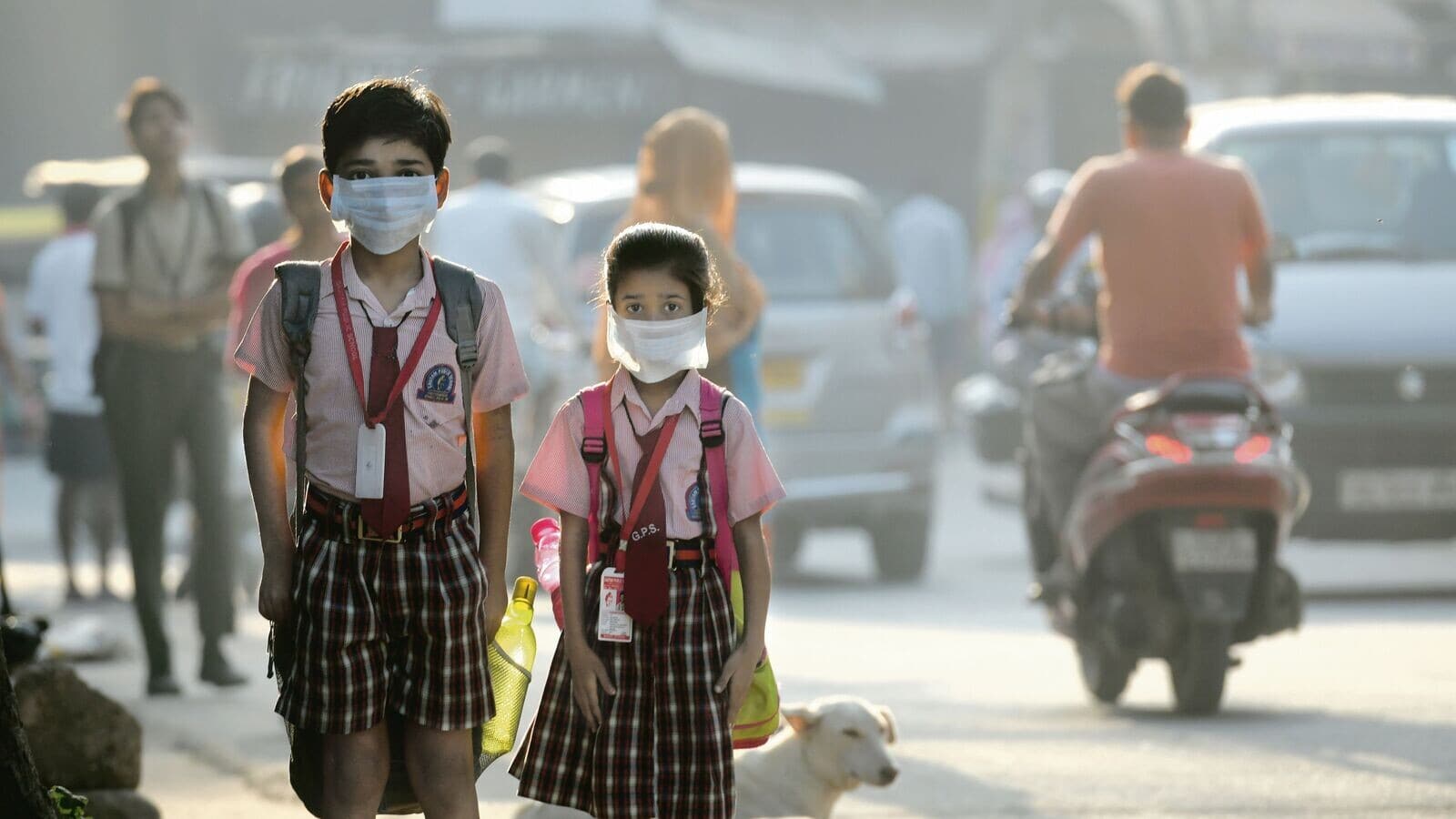
Delhi's air quality worsens, hits 'poor' levels; GRAP Stage-1 enforced
What's the story
Delhi's air quality has worsened further, slipping into the "poor" category.
Amid the environmental crisis, the Commission for Air Quality Management (CAQM) has implemented Stage-I of the Graded Response Action Plan (GRAP) across the national capital region.
The city's daily average air quality index (AQI) stood at 234, according to the latest bulletin of the Central Pollution Control Board (CPCB).
Pollution control
What is GRAP Stage-I?
GRAP Stage-I aims at controlling dust at construction sites, improving road cleaning, and proper waste disposal.
It includes a ban on open burning of waste, restrictions on diesel generator usage, prohibits coal or firewood use at eateries, and calls for stricter monitoring of polluting vehicles.
It also aims to improve traffic management and enforce stricter emission controls in industries, power plants, and brick kilns.
Action plan
GRAP Stage-I's 27-point action plan
The 27-point action plan under GRAP Stage-I also includes switching off the engine at red lights, opting for hybrid/electric vehicles to curb vehicular pollution, not littering/disposing waste in open spaces and reporting air polluting activities through various apps.
Various agencies tasked with implementing these measures have been directed to ensure strict implementation during this period.
The CAQM will be closely monitoring the situation and reviewing the air quality scenario regularly in the coming days.
Stubble burning
Stubble burning incidents contribute to poor air quality
The city's AQI fell into the "poor" category after Dussehra, 19 days after poor air quality was last recorded.
A major reason for this decline is stubble burning cases. As many as 872 fire counts and stubble burning cases were reported between September 15 and October 13 in Punjab.
This is a sharp rise from the 300 cases recorded till October 7, according to a bulletin from CREAMS-Indian Agricultural Research Institute.